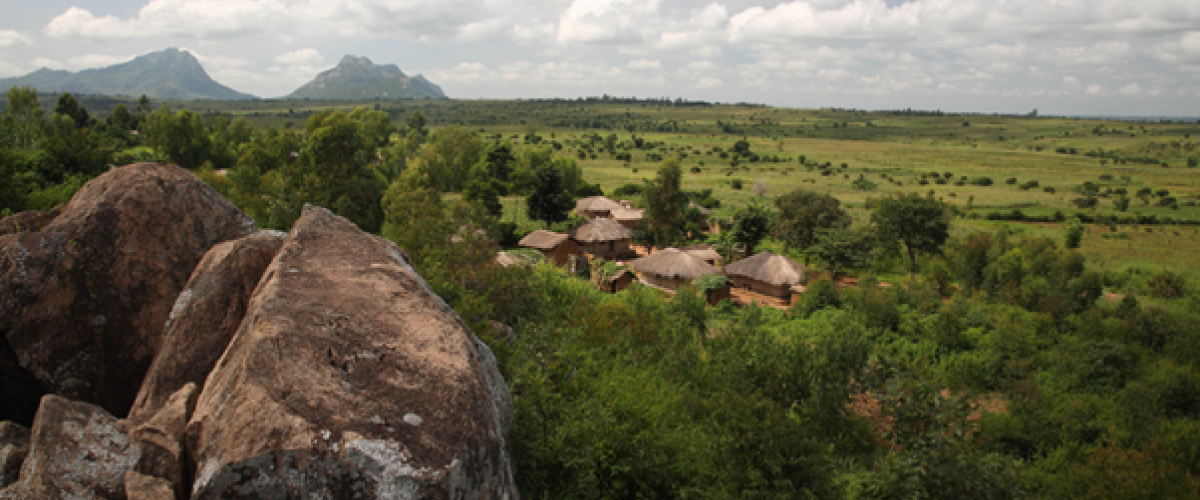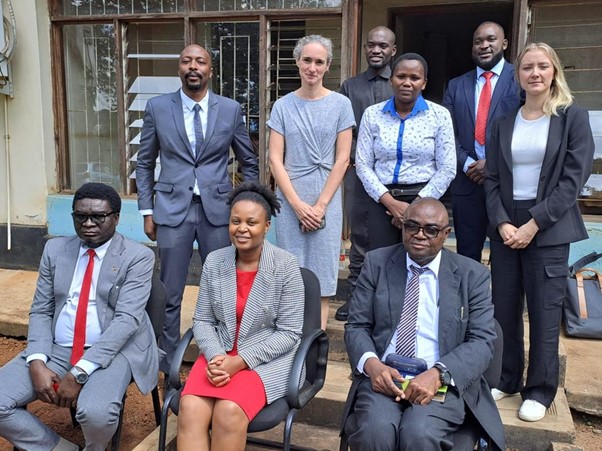
In a groundbreaking collaboration, the EU OACPS-funded project Capacitating One Health in Eastern and Southern Africa (COHESA) and the government of Malawi have joined forces to develop a comprehensive One Health strategy. This strategy recognizes the interconnectedness of human, animal and environmental well-being, and it represents a significant step towards a more holistic approach to governance in Malawi.
The journey towards this groundbreaking partnership began with a series of meetings that brought together key stakeholders, including directors from the Public Health Institute of Malawi, and the Departments of Animal Health, Livestock, and Environmental Affairs. Through a review of existing One Health platforms, it was collectively agreed that the responsibility for the One Health mandate would be entrusted to the Public Health Institute and that formalization of existing platforms was required. This decision was followed by the strategic appointment of One Health point persons from relevant ministries and the establishment of a dynamic technical working group.

Watipaso Kasambara of the Malawi national focal point at the Public Health Institute of Malawi highlighted the critical issue, saying, ‘There is no budget at the Ministry of Health that is dedicated to one health program, but instead when there’s a disaster in the country, DODMA (department of disaster management affairs) is asked to mobilize funds from each department of health so that the issue can be addressed. And this is not good! But we cannot have a dedicated budget line for one health without a framework within which this can be channeled. We need either a policy on one health or a strategic plan, like the one we are working on here for antimicrobial resistance.’ Kasambara's words underscored the financial challenges faced by the country in the absence of dedicated budget allocation for One Health programs. The collaboration between COHESA and the government of Malawi represents a significant step towards addressing these challenges. By developing a comprehensive One Health strategy, Malawi is taking a proactive approach to ensure the well-being of its people, animals, and the environment. It is a testament to the power of collaboration, shared knowledge, and a commitment to a more interconnected and holistic approach to governance and health. Building on this momentum, insights were sought from colleagues in Zambia, leveraging their experience in One Health strategy and policy development. The exchange of ideas and best practices enriched the initiative, fostering a more robust and inclusive approach. Looking ahead, future meetings are scheduled where stakeholders will engage in crucial discussions, undertake net mapping activities, and collectively contribute to the development of a robust One Health strategy. This includes a research symposium in January 2024, hosted by the University Triad. This collaborative effort signifies a significant step towards a more holistic and interconnected approach to governance in Malawi.